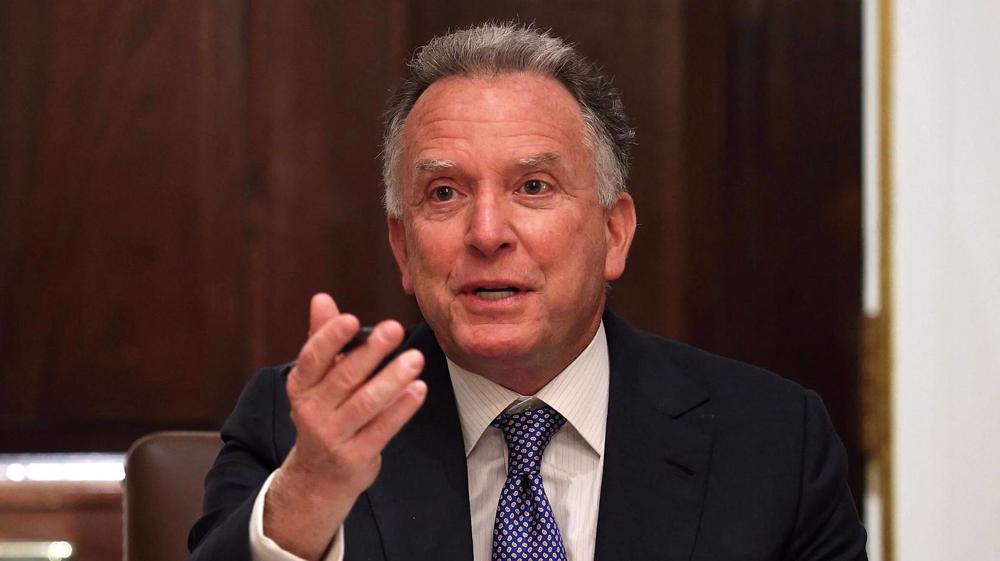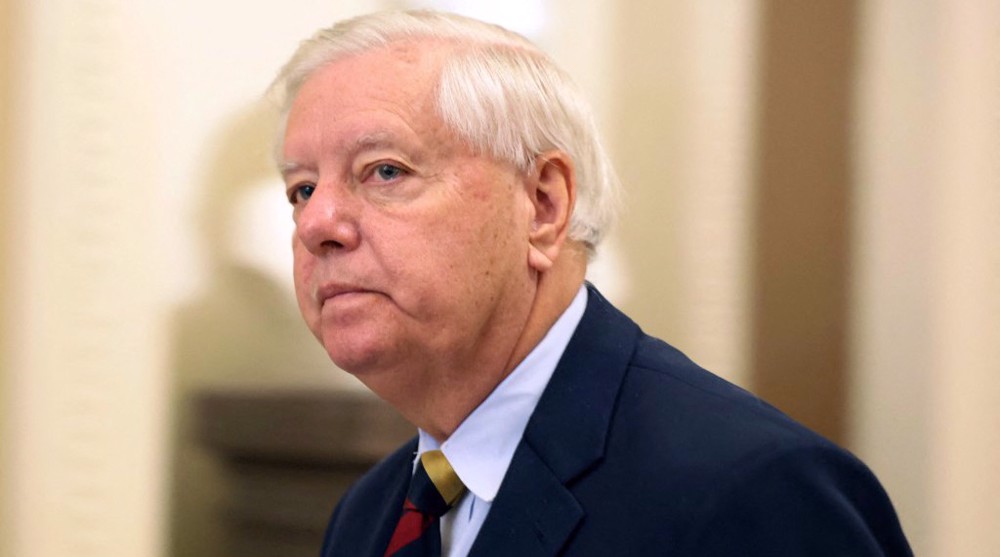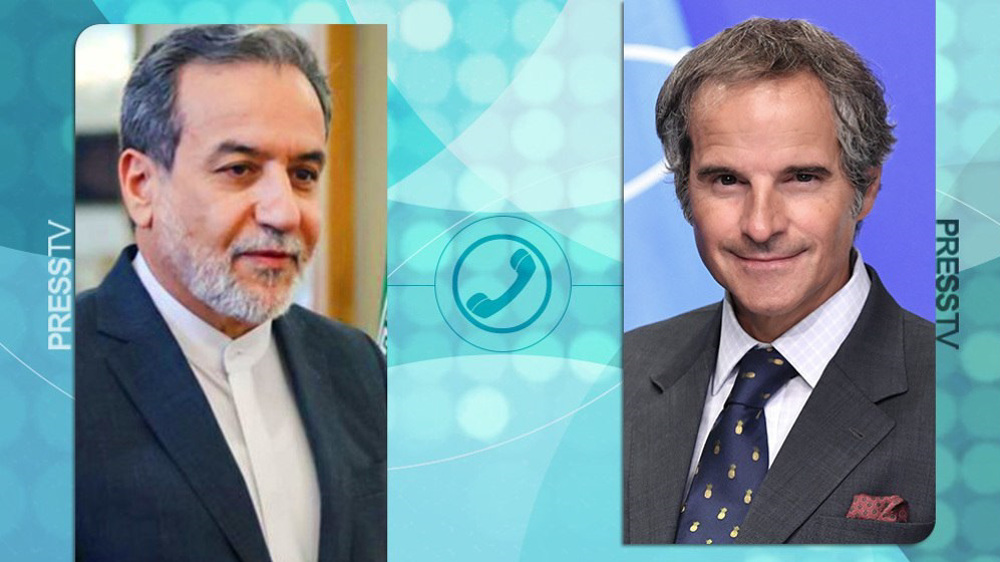After all else fails, bin Salman hires son of Shah to divide Iranians
Saudi Crown Prince Mohammed bin Salman, who has gained notoriety for pledging to take the kingdom’s political and ideological war with Iran inside the Islamic Republic’s borders, is hiring Reza Pahlavi, son of Iran’s ousted despot Mohammad Reza Shah, to make a television show aimed at sowing discord among the Iranian people.
The show is currently under production by the UK-based Iran International network, a well-known propaganda outlet with a mission to stir tension in Iran.
The network grabbed headlines last September, when it interviewed head of the al-Ahwaziya terrorist group right after it attacked a military parade in Ahvaz, southwest of Iran, killing at least 25 and wounding over 60 civilians.
Read More:
The Guardian has revealed in the past that Iran International’s funding company maintains close links with MbS.
The idea of airing a show that features Reza Pahlavi was first floated by bin Salman himself, sources aware of the collaboration said.
According to one source, Pahlavi had initially asked for a huge pay to do the show but eventually settled down for an alleged one fiftieth of that sum after the intelligence services of a European country intervened.
The pre-production began months ago, after a number of Saudi intelligence agents moved to one of Iran International’s offices and hired a media consultancy group.
The program would mainly focus on whitewashing the Pahlavi regime’s image as a vassal state of the US which also squandered hundreds of billions of dollars of Iranian people’s money.
This wouldn’t be the first time that the son of Iran’s ousted Shah, who still thinks he has a shot at reviving his father’s rule, is being exposed for his direct ties with Saudi Arabia.
Pahlavi’s links to the Saudi royal family came into spotlight last year, when he came to blows with the Mujahedin-e-Khalq Organization (MKO), a terrorist outfit that has long helped Iran’s enemies with their plots for regime change in Tehran.
Pahlavi came under fire from the MKO for describing the terror organization in an interview with Associated Press as a “cult-type structure” that would not be a “suitable partner” for the US should it ever get serious about regime change.
The reason, according to the exiled “prince,” is that the MKO sided with former Iraqi dictator Saddam Hussein during his war against Iran in the 1980s, and killed Americans before the 1970 Islamic Revolution.
The MKO hit back at Pahlavi back then by calling him “fake opposition.”
The group is now threatening to reveal secrets that neither Phalavi and Saudis nor Iran International would like to see spilled should the three-way collaboration take shape.
In the heat of the argument, a Phalavi era official revealed to Iran’s Tasnim News Agency that Reza and his mother, Farah, had secretly traveled to Riyadh and received $22 million in funding for their regime change plans. Other unofficial sources have put the number at around $40 million.
The brawl between the MKO and Pahlavi, however, soon lost its appeal in Iran, where popular support for both groups is virtually non-existent mainly because of their dark history which involves plotting with the enemies against the people of their own country.
The MKO is also known to have ties with Saudi rulers. They invited Prince Turki al-Faisal to their annual gathering in Paris in 2016.
What is bin Salman looking to get?
Bin Salman has never kept his penchant for undermining Iran a secret.
On the domestic front, his regime has supported terrorist groups operating in southeastern and southwestern parts of Iran in an attempt to take away Iranian people’s sense of security.
On a boarder level, his Saudi Arabia has teamed up with Israel and the US in forming a NATO-like alliance of Arab countries against the Islamic Republic.
So it is only natural if he tries to lure in Iranian opposition groups that might help him further his soft war against Tehran even a few small steps, according to Marcus Papadopoulos, a London-based publisher and editor at Politics First.
“Saudi Arabia, which is backed by America and backed by the UK, and also unofficially backed by Israel, would very much like to see the overthrow of the Iranian government,” he told Press TV on Monday. “So it is no surprise that Saudi Arabia is now funding these anti-Iranian people… and television channel.”
He argued that what bin Salman is doing is an extension of what the US and its Western allies have tried to do ever since the 1979 Islamic Revolution by pursuing their regime change policy.
The decision to tap Phalavi for the job, according to the analyst, reflected the desire in Washington for returning Iran to the pre-Revolution era when the country was a “vassal state” of America.
“They are grooming someone (Pahlavi) in the event that the Iranian government is overthrown… and no doubt the Shah’s son is quite aware what the Americans and the Saudis have in store for him.”
UK’s claims of media freedom ‘just a façade’
The MbS-Pahlavi-Iran International project also brings to the foreground an issue that has long overshadowed London’s claims of media freedom.
In 2012, when the UK's communications regulator Ofcom revoked Press TV’s broadcasting licenses, it cited government ties and propaganda as main reasons and refused to change the decision despite Press TV’s many requests for answers and evidence.
This is while the Ofcom doesn’t seem to have any problems with other networks such as Iran International, which are freely preaching anti-Iran rhetoric and even hold live interviews with well-known terrorists.
“British authorities project Britain as a beacon of media freedom in the world... in reality that is just a façade,” Papadopoulos said.
“The British will not tolerate any media outlet that challenges the British narrative on affairs in the world and that challenges that Western narrative of affairs in the world,” he said, arguing that is why Press TV had its broadcasting license taken away.
The analyst said it made “absolute sense” for the British to let Iran International operate because London also shares the same Saudi and American desire as regime change in Iran and that is the sole objective behind creating such networks.
He said the British were “masters of manipulation” and some people bought what they had to offer through their propaganda outlets.
“But if you just dig away at the surface, you will see the reality that British are allowing a television channel to broadcast from the UK that is calling for the overthrow of an independent, sovereign government,” he argued. “That is completely against the international law, that is completely against the United Nations Charter and yet the British get away with it.”
Palestinians granted only 66 building permits in West Bank over 11 years: Report
Somaliland ready to give US access to its minerals, military bases: Minister
VIDEO | Iran's game changing retaliation boxes- part 1
VIDEO | Iran's game changing retaliation boxes- Part 2
VIDEO | Palestinian widow raises three kids in Gaza as her husband killed by Israel
Palestinian teen killed as raids and settler violence intensify across West Bank
Iran’s layered arsenal primed to deter – and decimate – US warships in Persian Gulf
Iranian commander dismisses US military buildup in West Asia as ‘theatrical gesture’











 This makes it easy to access the Press TV website
This makes it easy to access the Press TV website